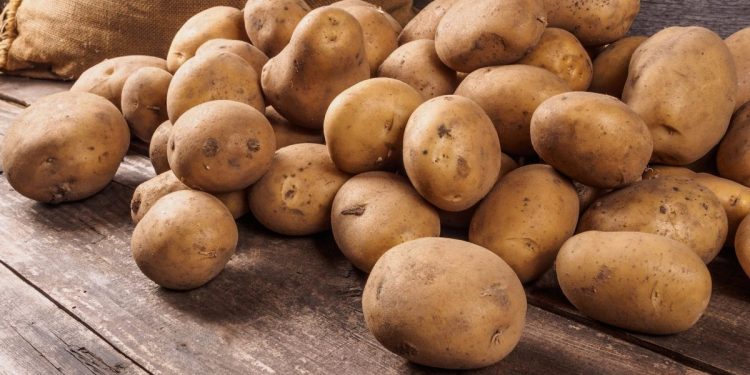The list of goods, for which prices are regulated, includes frozen and fresh cattle meat, as well as butter, cheeses and other dairy products.
The Ministry of Agriculture and Food of Belarus has decided to adjust the minimum export prices for some products, this is provided for by the decree of the department No. 87 of August 26, which was officially published on the National Legal Internet Portal.
Thus, the minimum price for skimmed milk powder for export to the EAEU countries, except for Russia, has been increased by $0.06 to $3.36 per kilogram. In China, these products can be shipped at a minimum price of $3.1 per kilogram.
A dry milk product can be sold to Russia at a cost of at least 190 Russian rubles per kilogram, and at least $3 per kilogram when exported to the EAEU countries (except Russia).
The price of butter for export deliveries outside the CIS, except for Georgia, has been increased to $6.1 per kilogram. Butter with a fat content of 72% or more can be exported to Russia at a cost of at least 400 Russian rubles per kilogram, to the EAEU and CIS countries, except for Azerbaijan and Georgia – $5.65 per kilogram, and for Azerbaijan – $5.75 per kilogram .
The document comes into force after publication.
Recall that the decision to regulate prices for these products when they are sold under foreign trade agreements was made in June. It was determined that it is the Ministry of Agriculture and Food that will set the maximum minimum prices for them and adjust them if necessary.
The document says that this decision was made to support the country’s economy.
Prices are set depending on the region of export.
There are five in total:
Russia;
EAEU countries, except Russia;
CIS countries and Georgia, except for the EAEU countries and Azerbaijan;
Azerbaijan;
countries outside the CIS, except Georgia.
When delivering Belarusian goods to Russia, prices are set in Russian rubles or dollars, to other regions – only in US currency.
Measures to support the economy
Earlier, President of Belarus Alexander Lukashenko held a meeting with members of the government, which was devoted to measures to support the economy in the face of sanctions.
Prime Minister Roman Golovchenko then presented a draft law designed to improve social and economic policy in the republic.
The economic bloc of the government is closely involved in the operation of enterprises under restrictions, and a situational headquarters operates under the government.





